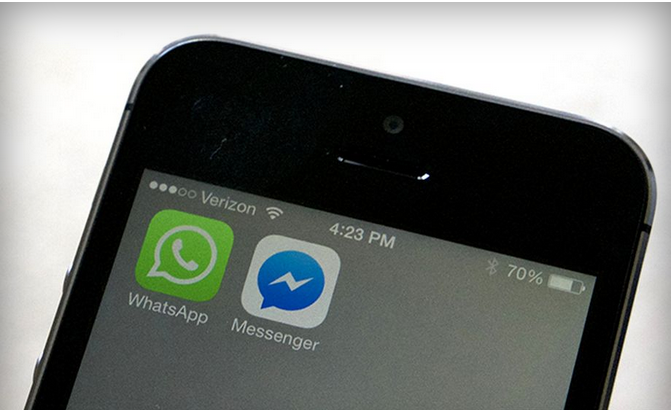 Phone numbers will be shared with Facebook to offer ‘better friend suggestions [and] more relevant ads’
Phone numbers will be shared with Facebook to offer ‘better friend suggestions [and] more relevant ads’
After WhatsApp was bought by Facebook in 2014, users worried that the messaging app’s strong stance on privacy might be compromised. Co-founder Jan Koum hoped to stem these fears, writing in a blog post at the time: “Respect for your privacy is coded into our DNA, and we built WhatsApp around the goal of knowing as little about you as possible.” Today, though, the company is loosening some of its own restrictions, and has announced it will begin sharing a limited amount of user data — including individuals’ phone numbers — with parent company Facebook.
WhatsApp says that sharing this information means Facebook can offer better friend suggestions by mapping users’ social connections across the two services, and deliver more relevant ads on the social network. Additional analytics data from WhatsApp will also be shared to track usage metrics and fight spam.
WhatsApp promises the changes won’t lead to a “spammy” service
The messaging app says it also wants to explore how businesses can use WhatsApp to contact customers. It gives the example of a bank warning a user about a potentially fraudulent transaction, or notifications from airlines about delayed flights, and says that in order to test the features it needs to update its privacy policy. Facebook has already been exploring these sorts of use-cases with Messenger, and WhatsApp suggested it would follow the same path earlier this year. WhatsApp says that users will be able to “manage these communications,” and that this won’t lead to third-party banner ads on the service.
Despite these assurances, WhatsApp’s users are still likely to feel annoyed that the company is sharing information with Facebook. Part of the app’s popularity has always come from its unobtrusive (and unprofitable) business model, which gives users an easy way to communicate without using their data to serve ads. WhatsApp’s commitment to user privacy has even brought it into conflict with law enforcement, with a Brazilian court temporarily banning the app in July for refusing to hand over messages (it argued it couldn’t if it wanted to).
WhatsApp is keen to preempt criticism, and says that although it’s changing its privacy policy, it continues to support end-to-end encryption. “Even as we coordinate more with Facebook in the months ahead, your encrypted messages stay private and no one else can read them,” says the company in a blog post. “Not WhatsApp, not Facebook, nor anyone else. We won’t post or share your WhatsApp number with others, including on Facebook, and we still won’t sell, share, or give your phone number to advertisers.”